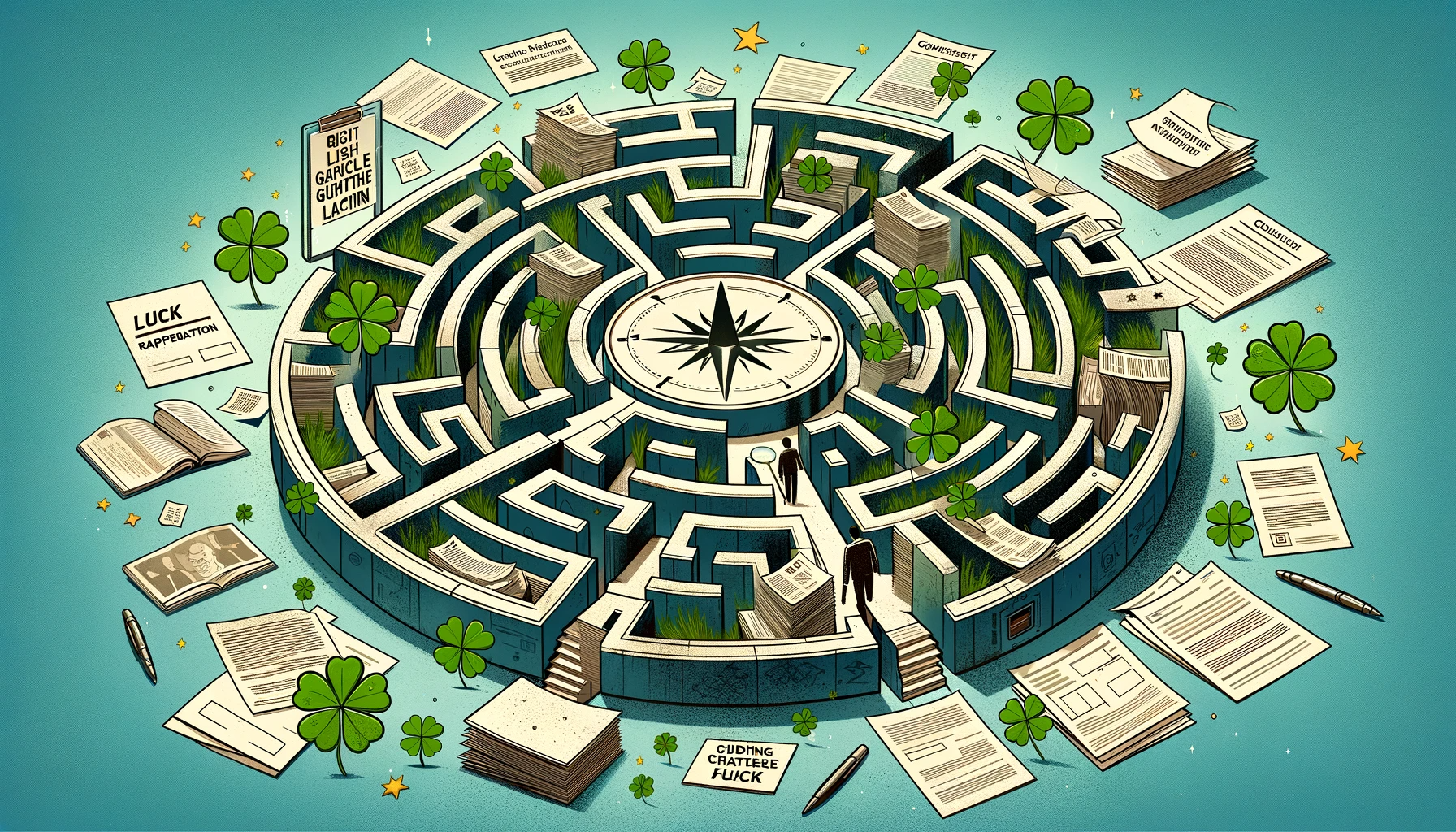The Numbers Game in the EIC Accelerator: Tackling Randomness in Evaluation
Introduction Securing funding from the European Innovation Council’s (EIC) Accelerator program is often likened to a numbers game. This perception stems from the inherent randomness in the evaluation process, making precise prediction of successful applicants a challenging task, even for expert consultants. This article explores why increasing the number of applications is seen as a key strategy for success in this competitive landscape. Randomness in Evaluation The EIC Accelerator’s evaluation process involves a level of unpredictability. With diverse evaluators from various backgrounds, the assessment of applications can vary, leading to an element of randomness in the selection of winners. This uncertainty makes it difficult for consultants to accurately predict which applications will succeed, regardless of their expertise and experience. Strategy of Volume In light of these challenges, a common strategy adopted by many applicants, often guided by consultants, is to increase the number of applications submitted. This approach is akin to playing the numbers game – by submitting multiple applications, either in different funding rounds or with varied project focuses, applicants hope to improve their chances of success. Conclusion The EIC Accelerator, with its low acceptance rate and unpredictable evaluation process, demands a strategic approach. While expert consultancy can provide significant advantages in crafting high-quality applications, the randomness in selection often turns the process into a numbers game. For startups and SMEs, understanding this dynamic and adopting a volume strategy, along with expert guidance, can be a practical way to navigate the competitive world of EIC funding.











